Metabolism

Serine/threonine kinase AMPK upregulates glucose uptake by promoting the expression and function of glucose transporters. AMPK is activated by increased AMP/ATP ratio, resulting from cellular and environmental stress, e.g. low glucose, heat shock, hypoxia and ischemia. AMPK activation positively modulates signaling transductions that refill ATP levels. Moreover, it also stimulates catabolic processes such as fatty acid oxidation and glycolysis through inhibition of ACC and activation of PFK2. AMPK negatively regulates various proteins which are important to ATP-consuming mechanisms, e.g. mTORC2, glycogen synthase, SREBP-1, and TSC2, causing the downregulation/inhibition of gluconeogenesis and glycogen, lipid and protein synthesis.
-
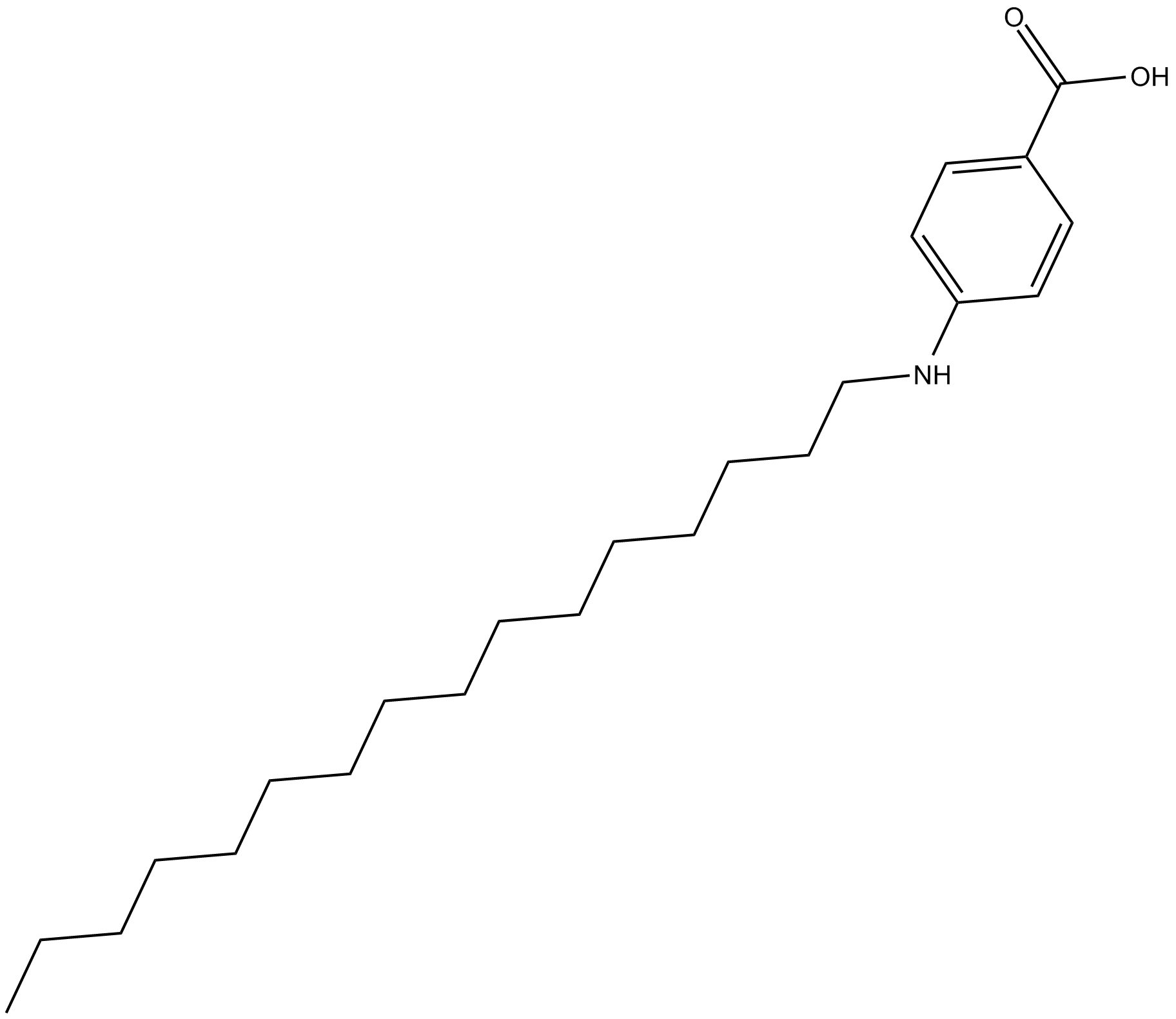 C5151 CetabenSummary: unique,PPARα-independent peroxisome proliferator
C5151 CetabenSummary: unique,PPARα-independent peroxisome proliferator -
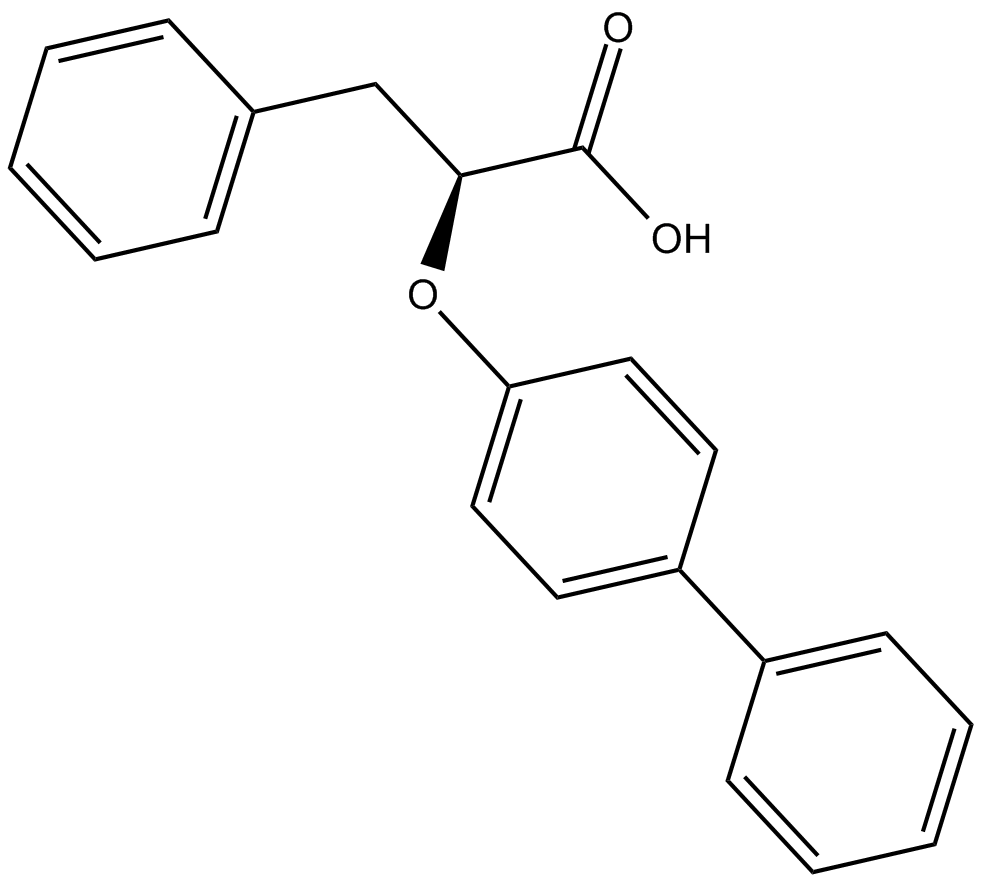 C5263 LT175Summary: dual PPARα/γ ligand
C5263 LT175Summary: dual PPARα/γ ligand -
 C5280 3-Thiatetradecanoic AcidSummary: activator of PPAR
C5280 3-Thiatetradecanoic AcidSummary: activator of PPAR -
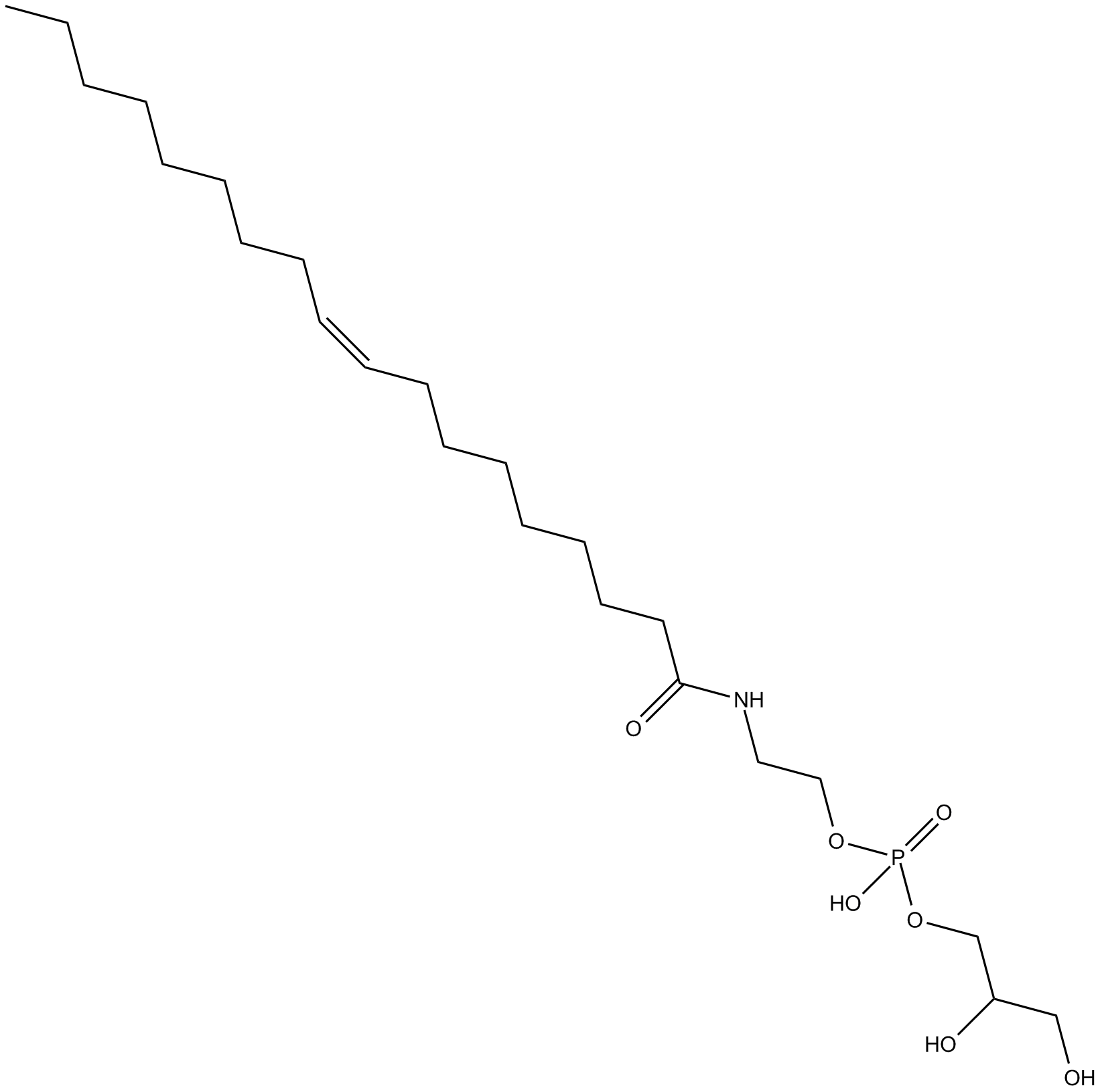 C5631 Glycerophospho-N-Oleoyl EthanolamineSummary: precursor of oleoyl ethanolamide (OEA)
C5631 Glycerophospho-N-Oleoyl EthanolamineSummary: precursor of oleoyl ethanolamide (OEA) -
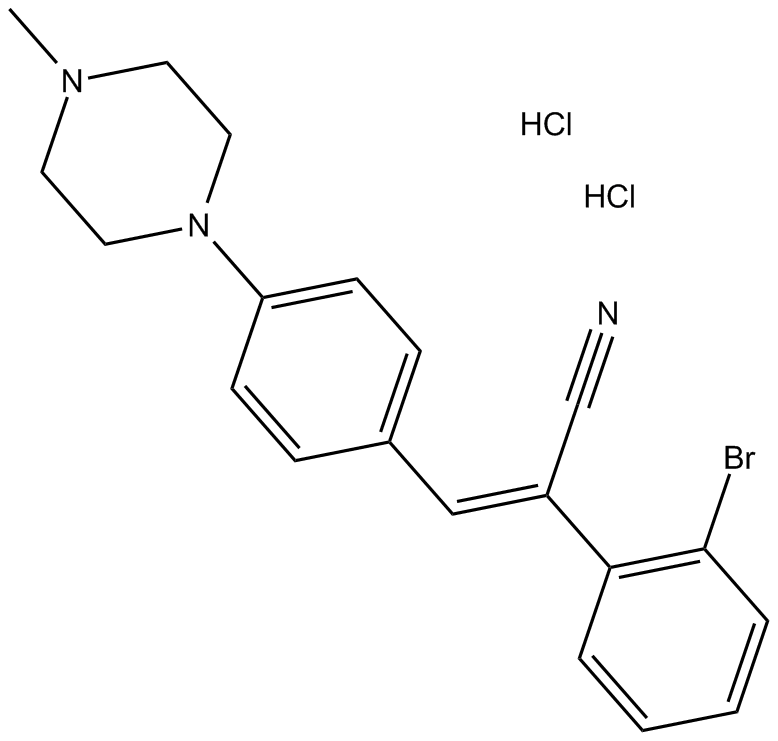 C5712 DG-172 (hydrochloride)Summary: orally available inverse agonist of PPARβ/δ
C5712 DG-172 (hydrochloride)Summary: orally available inverse agonist of PPARβ/δ -
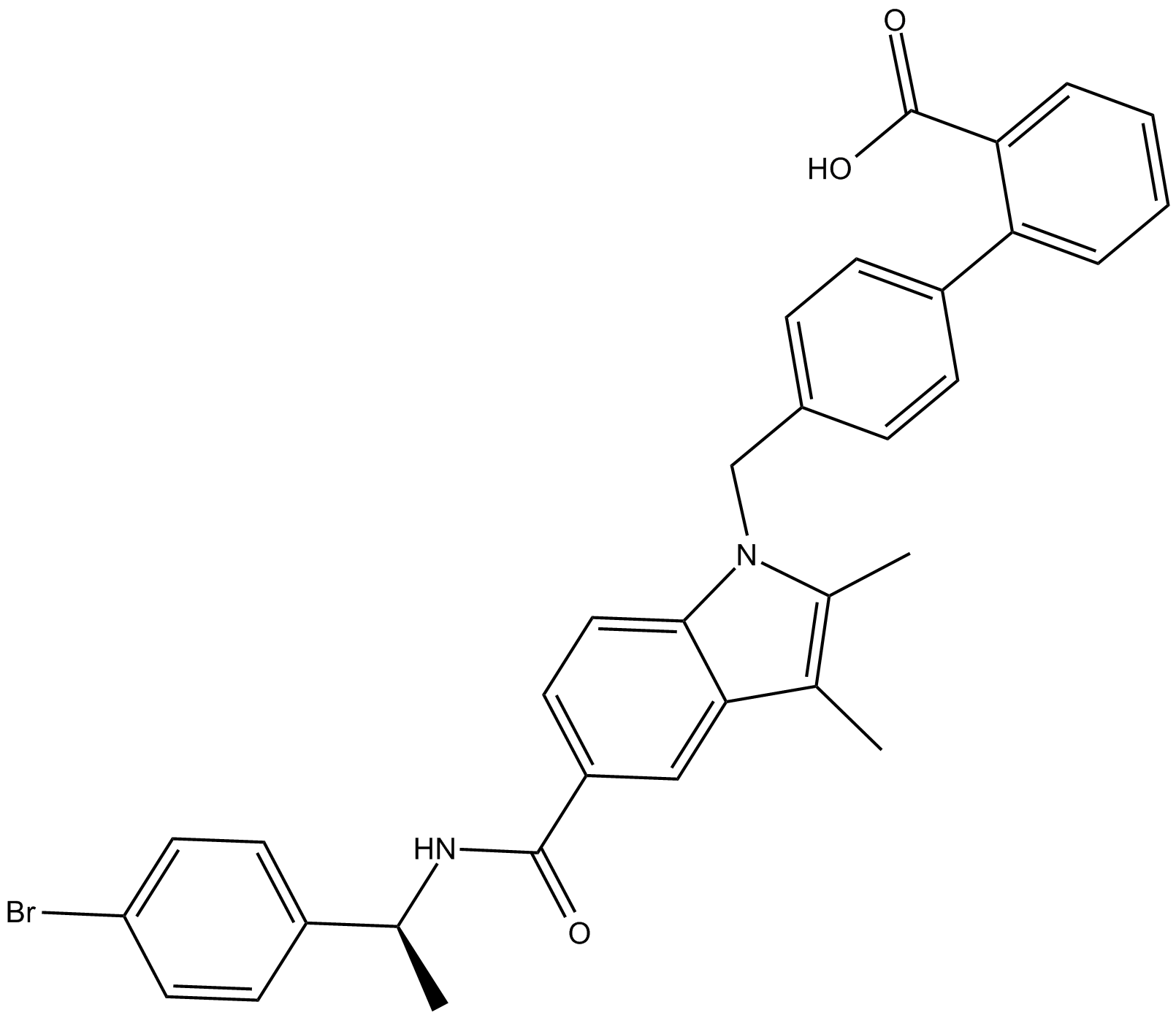 C5557 SR 1824Summary: non-agonist PPARγ ligand
C5557 SR 1824Summary: non-agonist PPARγ ligand -
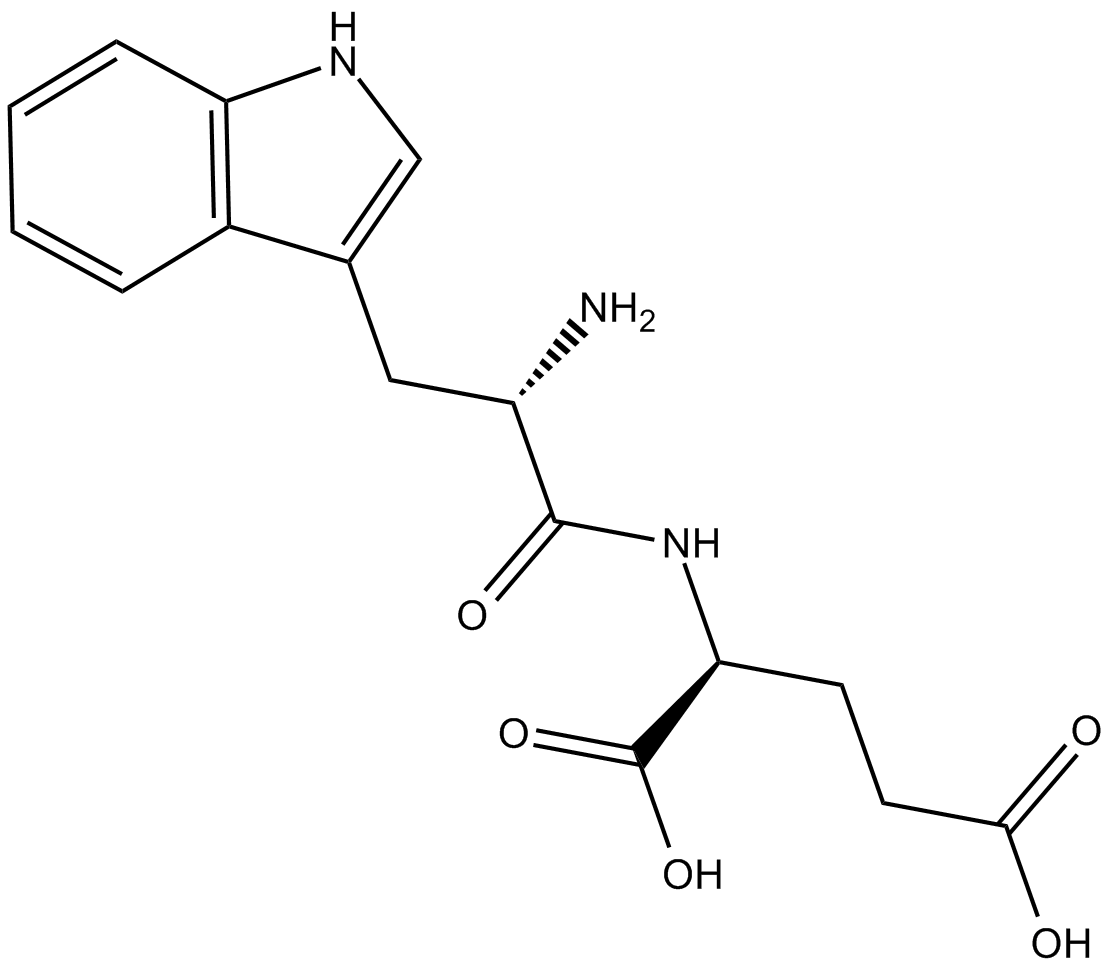 C5435 G3335Summary: PPARγ antagonist
C5435 G3335Summary: PPARγ antagonist -
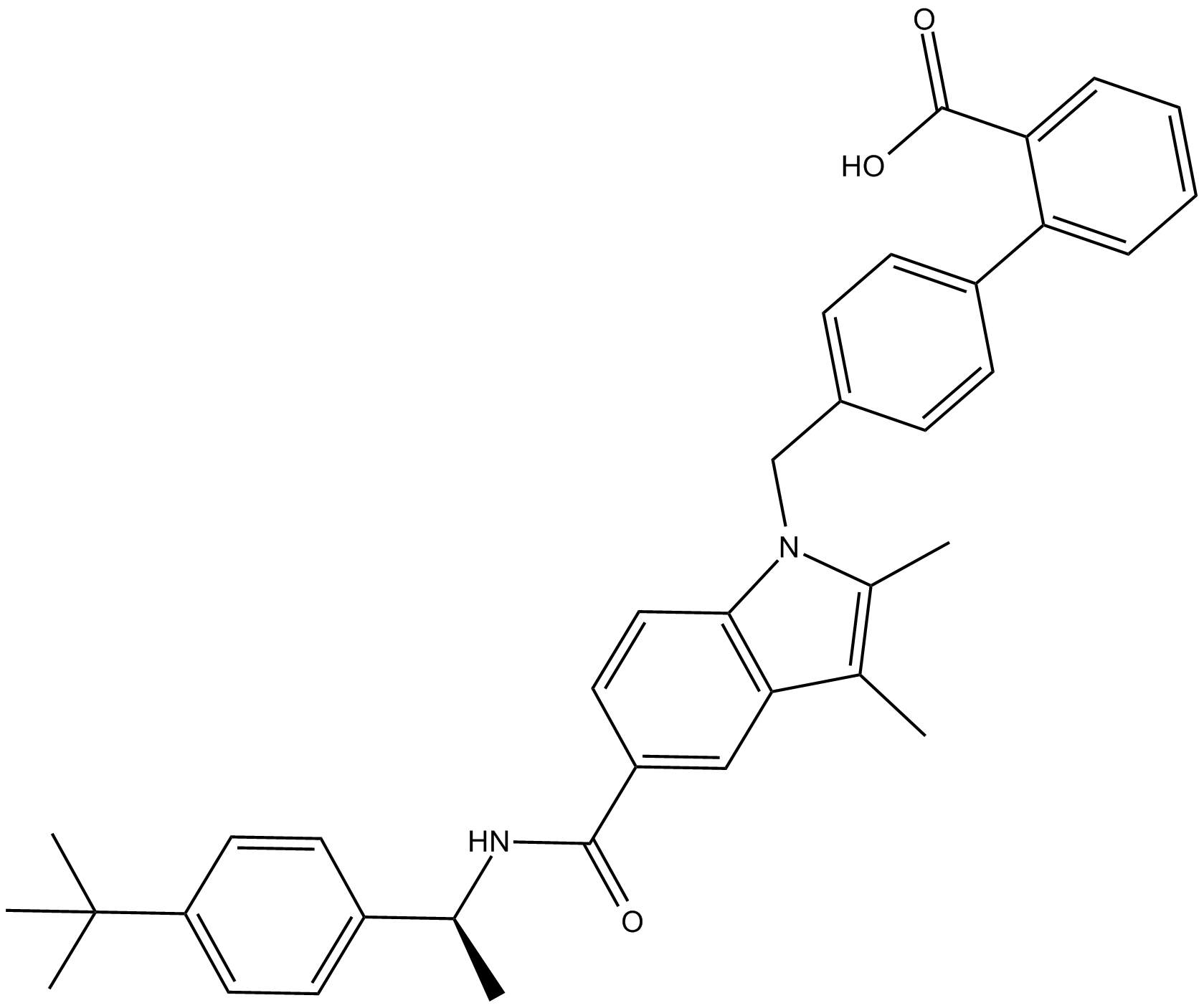 C5572 SR 2595Summary: inverse agonist of PPARγ
C5572 SR 2595Summary: inverse agonist of PPARγ -
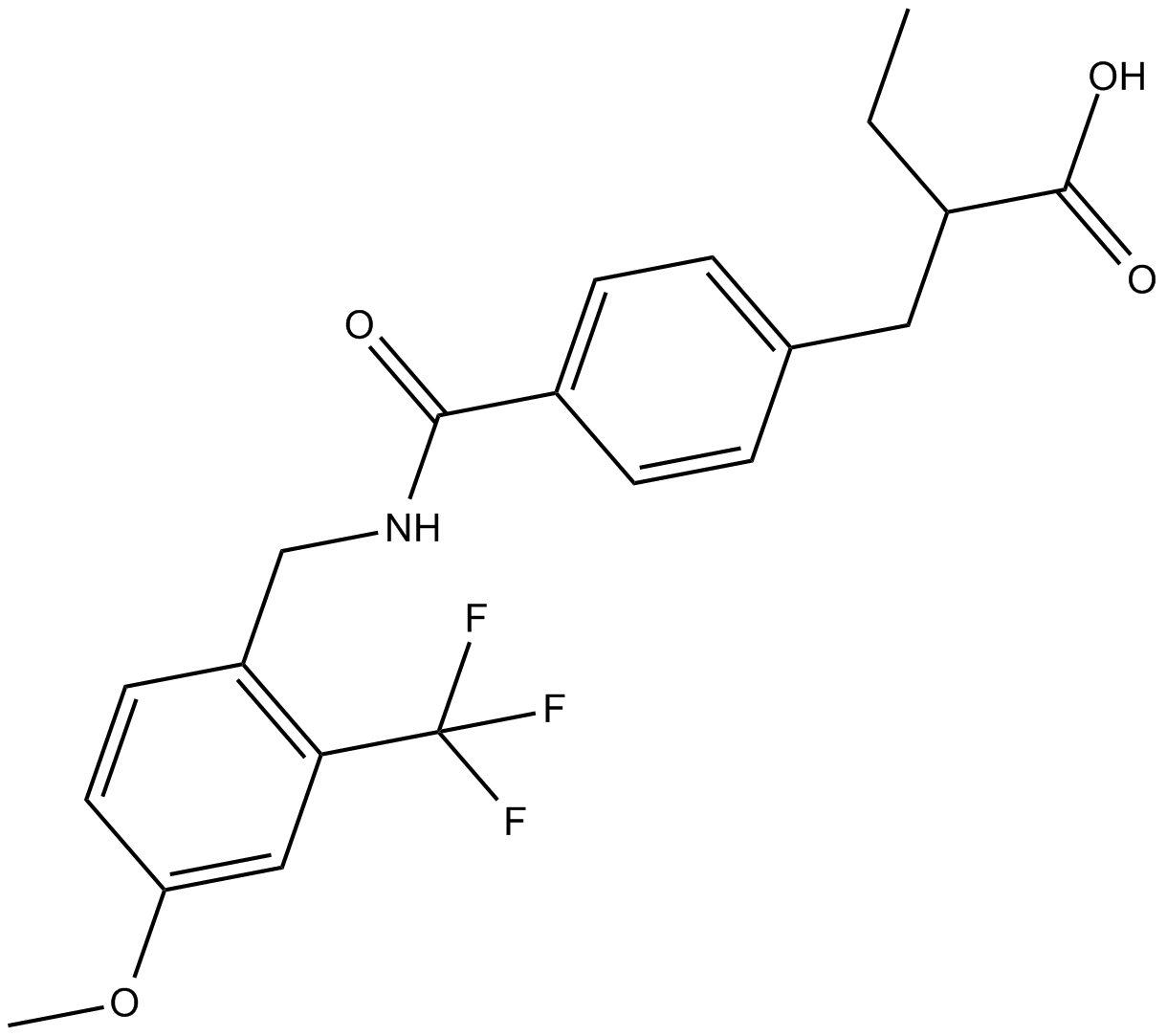 C5671 RB394Summary: dual modulator of soluble epoxide hydrolase (sEH) and PPARγ
C5671 RB394Summary: dual modulator of soluble epoxide hydrolase (sEH) and PPARγ -
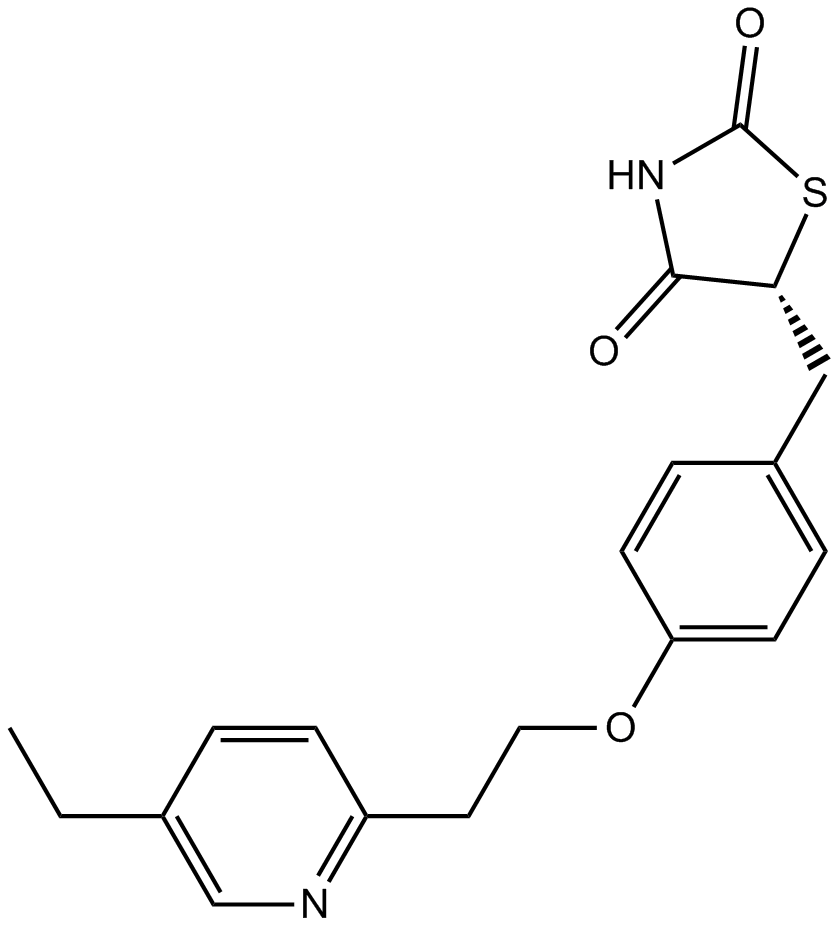 B2117 PioglitazoneSummary: PPAR agonist
B2117 PioglitazoneSummary: PPAR agonist

